US, Cuba ties: new dynamic
Updated: 2014-12-23 01:49
By Zhang Yuwei in New York and Yang Yao, Zhang Yuchen and Zhang Yunbi in Beijing(China Daily Latin America)
|
||||||||
China could see some economic shifts in Latin America: experts
For China, the restoration of diplomatic relations between the United States and Cuba will bring both opportunities and challenges, experts said.
Spokesperson for China's Foreign Ministry Qin Gang welcomed the normalization of bilateral relations between the United States and Cuba after a 54-year standoff on Dec 18.
"We have noticed that the United States and Cuba expressed their willingness to improve their bilateral relations. China welcomes and supports the normalization of the bilateral relations [between Cuba and the United States]," Qin Gang said at a press briefing in Beijing.
The restoration of US-Cuba diplomatic ties will not affect the "friendship" between Beijing and Havana, he noted. "We hope that the United States will lift the economic sanctions imposed on Cuba in nearest future," Qin said.
Qin stressed that China would continue to support any choice Cuba made in relation to its economic and political development.
US President Barack Obama's historic announcement on Dec 17 to restore diplomatic relations with Cuba – ending more than five decades of estrangement between the two countries – was hailed by Latin American-US experts, saying it is a practical move.
Speaking at the White House, Obama said the US will end "an outdated approach that for decades has failed to advance our interests". "Instead we will begin to normalize relations between our two countries," said Obama, adding that it will "begin a new chapter among the nations of the Americas".
On the same day, Cuban leader Raul Castro confirmed that his country and the United States had agreed to restore diplomatic relations but noted that it was too early to speak about the end of the economic sanctions implemented against the island.
Relations between the United States and Cuba started deteriorating following the Cuban revolution in 1959, with the United States introducing an embargo on nearly all imports from Cuba and pushing for democratic reforms in the island country.
Diplomatic relations between the countries were broken off in 1961.
China is Cuba's second largest economic partner after Venezuela. In 2014 the trade turnover between the two communist countries reached $1.8 billion.
"Cuba has been used to depending hugely on importing products from China because of the trade embargo by the US," said Wu Guoping, a researcher at the Latin America Institute at the Chinese Academy of Social Sciences. "It may be changed as Cuba will face more options from the US alongside other Latin American countries opening up their markets to the country.
"In many aspects, China will face more competition and won't play the role of solo provider to Cuba," he added. "China can also expect more opportunities in the bilateral trades when the bars are lifted and Cuba show its potential in buying more things."
Zhou Zhiwei, a researcher with the Chinese Academy of Social Sciences Institution of Latin America Studies, said the US has paid a lot of attention to the Asia-Pacific area while losing its geopolitical advantages.
"With the rise of China and other BRICs countries, America's presence in Latin America is becoming less prominent," said Zhou. (BRIC stands for Brazil, Russia, India and China.)
China has replaced the US as the largest trading partner and investor in many Latin American countries, which makes the US move toward Cuba a practical one, Zhou noted.
"Not only is it a sign of ending Cold War hostility, but also a signal that the US will keep up its relations with its neighboring countries in Latin America," Zhou said.
Tao Wenzhao, a senior research fellow from the Institute of American Studies at the Chinese Academy of Social Sciences, said the new chapter of US-Cuba relations will be a legacy of the Obama administration.
With the influence of US and China – the world's two largest economies – in the Latin American region, the move will also create new dynamics among the US, China and Cuba on the economic front.
Zhou said China's presence in the Latin American region would possibly be affected by rising US influence.
"Big economies like US and China should conduct cooperation and avoid conflicts in the region," Zhou said.
Yuan Zheng, of the Chinese Academy of Social Sciences, noted that decades of US sanctions against Cuba have not lived up to expectations.
"Washington is shifting its strategy from boycotting to influencing Havana," Yuan said. He expressed doubt about the future of the Cuba policy change in the US Congress and said he is wondering if the initiative will survive opposition from Republicans.
Obama could seek some support from moderate Republicans, but "he has to make some concessions on other issues", Yuan said.
China is Cuba's second-largest trading partner after Venezuela. Two-way trade grew 7.9 percent to $1.879 billion last year, according to data from Chinese customs. China's exports of $1.374 billion to Cuba last year included refrigerators, buses, pickup trucks, power generators and other machinery products while Cuba's exports of $505 million to China were mainly nickel, sugar and other agricultural products.
Chinese President Xi Jinping visited Cuban revolutionary leader Fidel Castro in Havana, Cuba, during the last stop on his four-nation Latin American trip in July, where he praised Castro's efforts of promoting China-Cuba relations.
Xinhua contributed to this story.

 Telling stories of the Chinese who fought for US
Telling stories of the Chinese who fought for US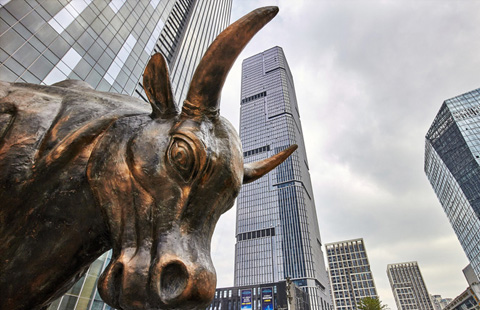
 Top 10 economic events in 2014
Top 10 economic events in 2014
 Tajik herdsman's life through lens of a solider
Tajik herdsman's life through lens of a solider
 Yearender: Culture prohibitions in 2014
Yearender: Culture prohibitions in 2014
 Sleeping China 2014
Sleeping China 2014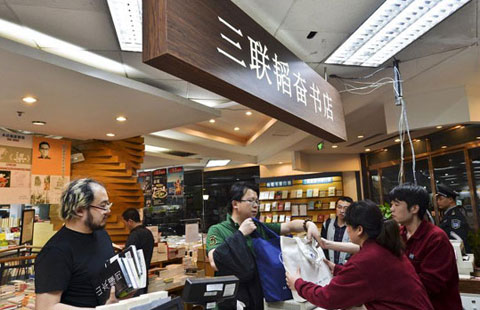
 Yearender: 10 cultural 'firsts' in 2014
Yearender: 10 cultural 'firsts' in 2014
 Marvelous night for a moon dance
Marvelous night for a moon dance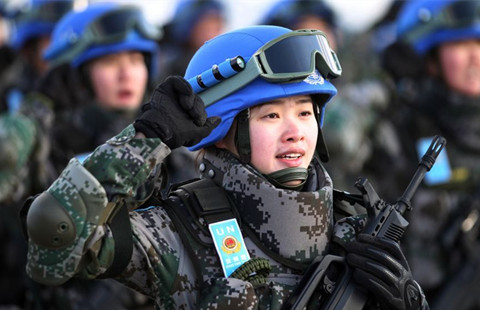
 China to send first infantry battalion for UN peacekeeping
China to send first infantry battalion for UN peacekeeping
Most Viewed
Editor's Picks

|

|
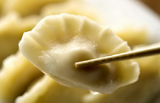
|

|

|
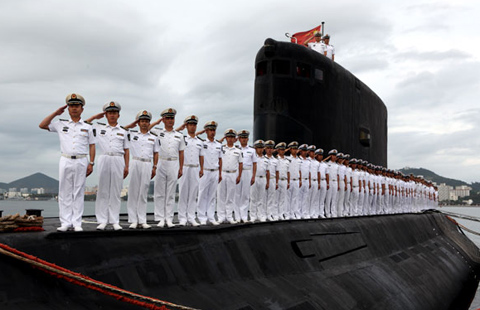
|
Today's Top News
Awaiting word from China on Sony hack
Learning about 'Americanness' from Chinese-American vets
Alibaba IPO fuels startup boom to rival Silicon Valley
China's top Party offcial probed for disciplinary violations
No judgment yet on Sony
US arms sales to Taiwan protested
Chinese developer buys LA Marriott
Beijing seeks new tourism spotlight in New York
US Weekly

|

|







